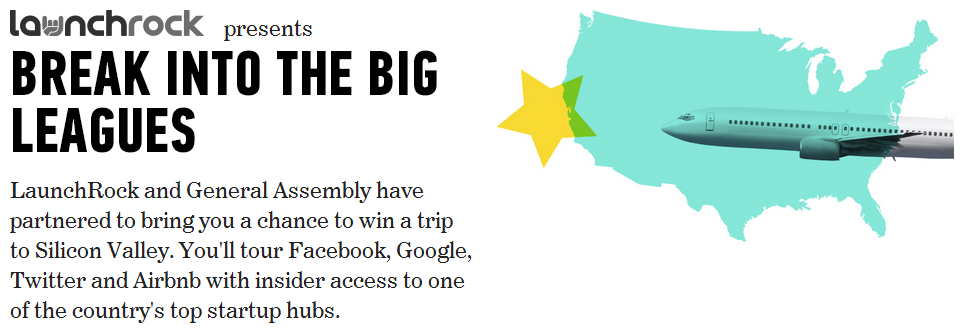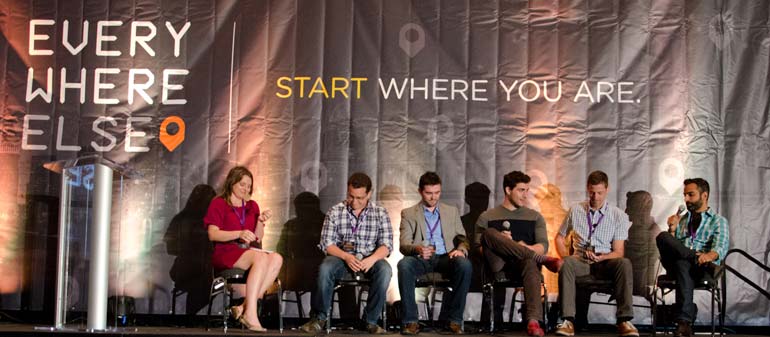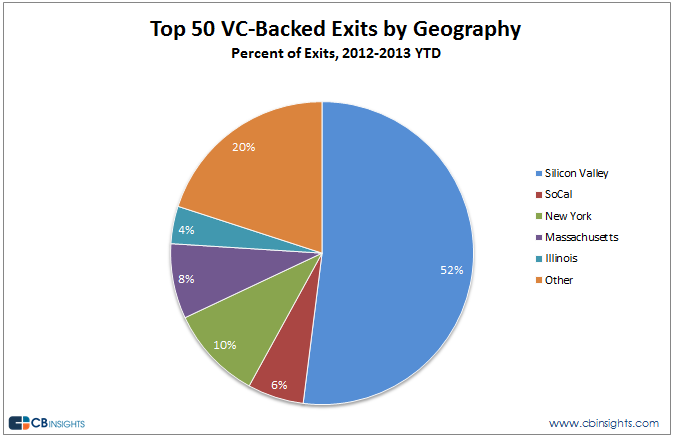We hear this a lot: “Such-and-such city is going to be the next Silicon Valley.”
Everyone in the startup space admires and wants to replicate the Valley’s success. After all, a lot of billionaires have been made there.
But, here’s the thing, there will never be another Silicon Valley, the way we know Silicon Valley. What’s going on there is the result of decades of dedicated tech entrepreneurship, education, and financing. Many of the success stories found there happened well before tech and startups were cool.
That’s good for us, though. Because, here’s the other thing:
The world doesn’t need another Silicon Valley.
The world needs Detroit–where they are using entrepreneurship to claw their city back from bankruptcy.
It needs Israel–where they are using tech to find solutions to many of the world’s security problems.
It needs the countless cities across the country who are seeking solutions to the many problems our healthcare system has, from administration to devices.
It needs entrepreneurs who are so focused on solving the problem they’re tackling that they don’t really care if it’s current trend or “it” thing.
Even though we won’t ever be Silicon Valley, that doesn’t mean we can’t learn a few lessons from their success.
Innovation, not imitation
One reason Silicon Valley became what it has is because it was full of people who refused to imitate. No one in the Valley has ever said, “We’re going to be the next New York.”
Those of us in startups outside the Valley can take a lesson from this. Ecosystems who know their strengths and wear their differences like a badge of honor will be the next success stories. The ones who innovate in “unsexy” ways may well just find the next billion dollar ideas.
Understand entrepreneurship
There are great entrepreneurs all over the world, from the founder of this week’s hottest app to the women in Africa who make and sell jewelry to support their families.
But startups–truly ecosystem-shaping startups–are the ones chasing the big ideas relentlessly. Silicon Valley understands this, and you won’t find many lifestyle entrepreneurs there. Not that there’s anything wrong with lifestyle businesses, but it’s a completely different game they’re playing.
Successful ecosystems will not only know their industry, they’ll know what kind of entrepreneurs they have. And smart investors and mentors will be able to pick out the truly scalable ones to help grow.
Solve your own problems
There are plenty of articles lambasting Silicon Valley for solving rich, white boy, first world problems.
This isn’t going to be one of those articles, because I don’t think that’s fair to the smart men and women doing amazing things in the Valley.
However, there are other problems to be solved, problems that, for better or worse, Silicon Valley entrepreneurs just may not be aware of. That’s the true power of building your startup everywhere else.
In a recent article on PandoDaily, tech entrepreneur Chris Nicholson says,
People solve the problems they see every day. Even with the million amazing projects getting invented in San Francisco, the tech bubble produces a monoculture in what tech produces–apps that create more apps–and how it thinks.
Maybe the problem that captures your attention isn’t “world-changing,” but that’s okay. Solve it in the most creative, compelling way possible, and you may be surprised what comes next.
Ecosystems outside of Silicon Valley are the next big thing. It’s why we do what we do at Nibletz and the Everywhere Else Conference. We don’t think anywhere will ever be the “next Silicon Valley.”
But that doesn’t mean it won’t be amazing.
















